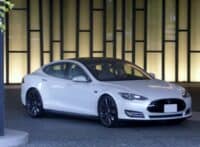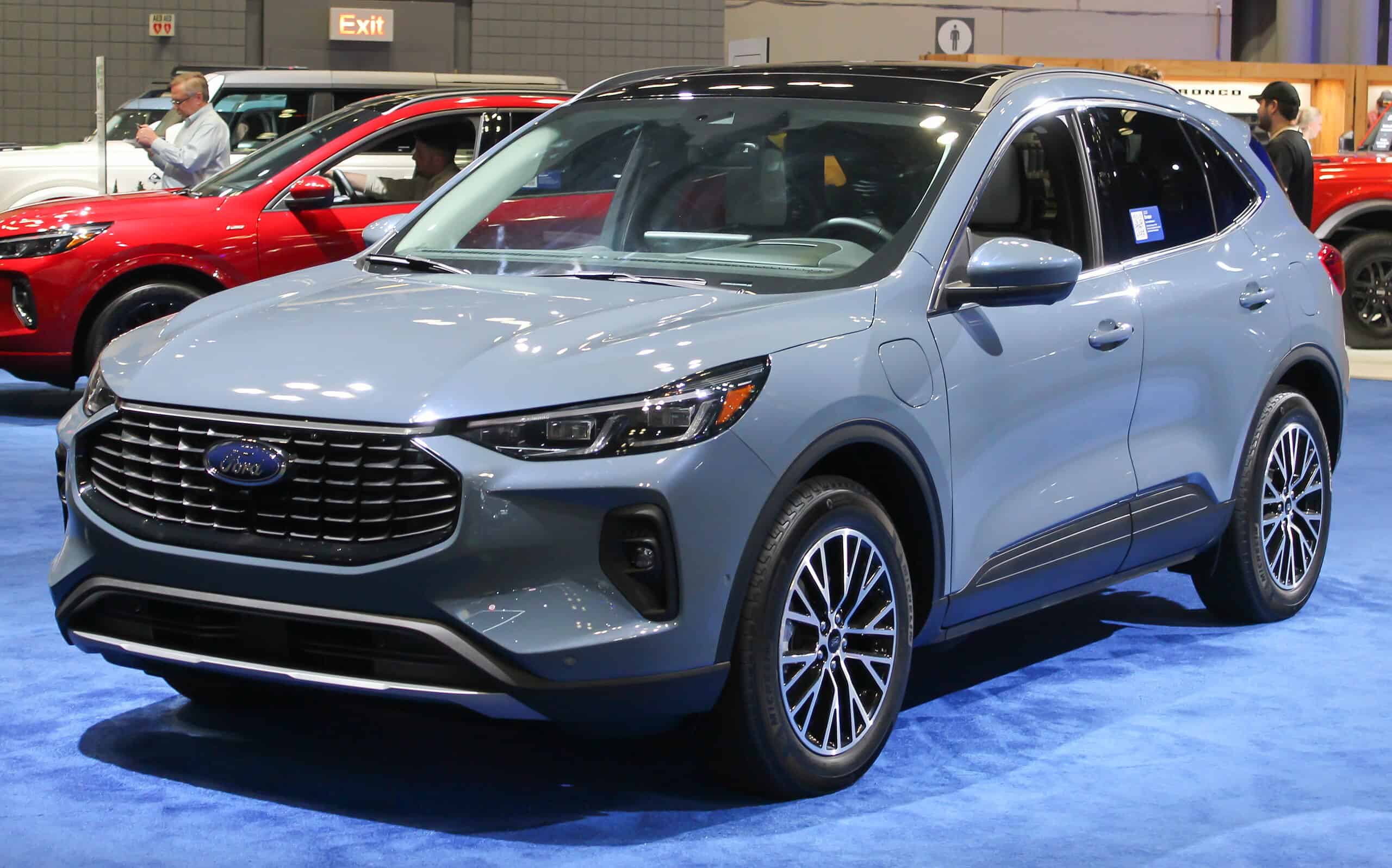
It’s no secret that Americans are enamored with big vehicles. Eight of the ten best-selling vehicles in 2023 were trucks and SUVs. The Toyota Camry and Tesla Model Y were the only cars to crack the top ten in sales last year. This love affair with large automobiles comes at a cost, though, and we don’t just mean the sticker price at the dealership. Big vehicles have historically been gas guzzlers, meaning they come with a greater environmental cost (here is a list of the worst polluting vehicles in America). And, with the always volatile price of gas, the yearly financial cost of ownership for large vehicles is also quite a bit higher than smaller, more fuel-efficient cars. However, hybrid and electric vehicles are rapidly changing this narrative.
American drivers have proven far more reluctant to switch over to fully electric vehicles than many industry experts predicted. Two of the main reasons include the higher cost of EVs and “range anxiety” stemming from the lack of charging stations in many parts of the country. However, sales of hybrids (vehicles that use both an electric motor and an internal combustion engine) have skyrocketed. Drivers can enjoy much greater fuel efficiency compared to a traditional gasoline engine without worrying about their vehicle battery dying with no charging station in sight. This, coupled with Americans’ affinity for larger vehicles, has created a thriving market for hybrid SUVs. Here are the 25 most fuel-efficient hybrid SUVs currently on the market.
Compiling The List
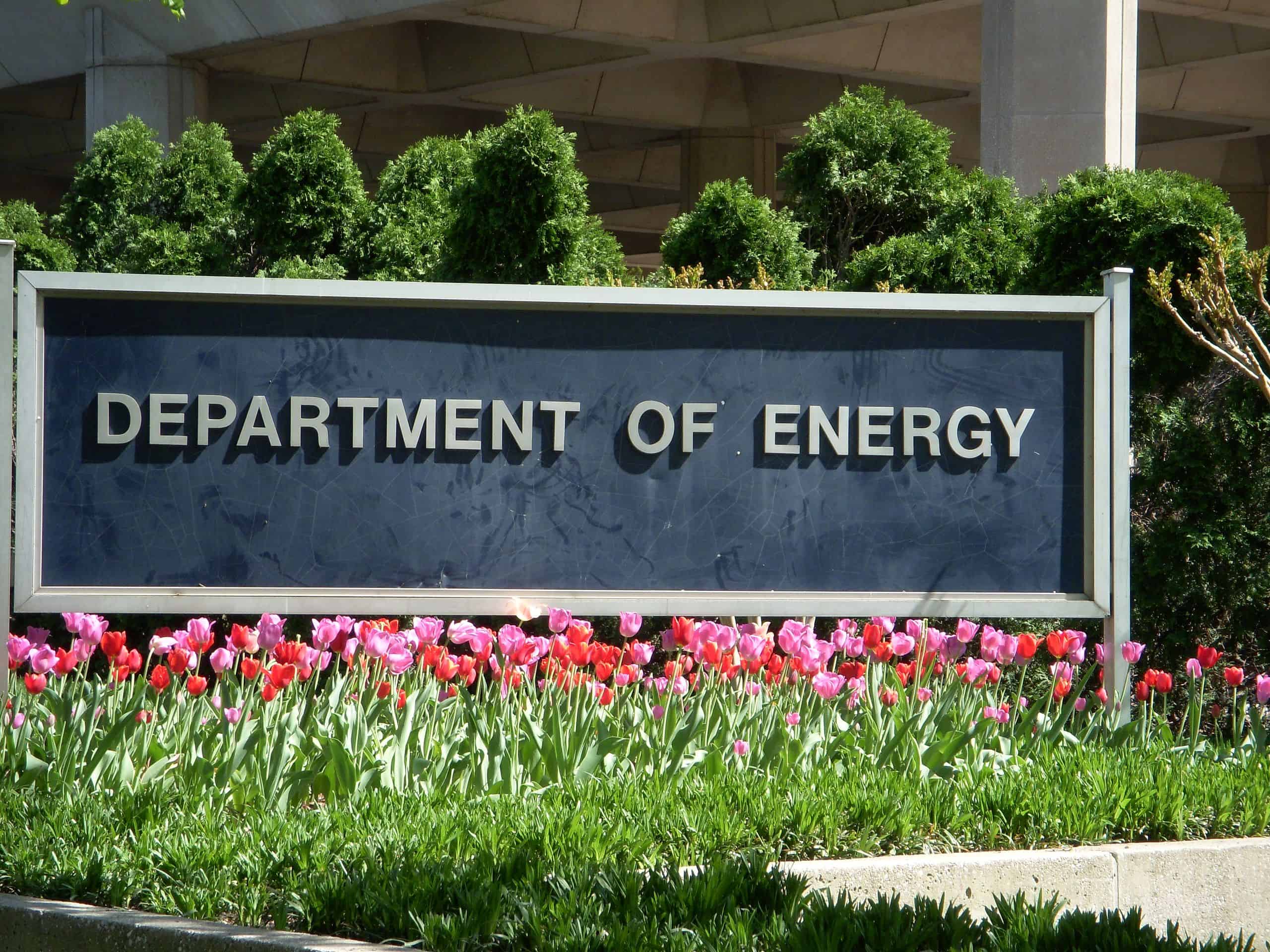
To compile this list, 24/7 Wall St. used data from fueleconomy.gov, the official U.S. government source for fuel economy information. Only 2023 and 2024 models were included in our survey.
It is important to note that many of the vehicles listed are base models. Adding all-wheel drive (AWD) and/or other features can reduce the fuel efficiency of a specific vehicle.
The list is divided into two categories: hybrid and plug-in hybrid SUVs. Hybrid vehicles feature smaller batteries and typically switch to a gasoline engine to power the vehicle at higher speeds (although, in some hybrids, the electric and gasoline motors work together). The battery in a hybrid vehicle is charged through the vehicle’s normal operation.
A plug-in hybrid’s larger battery may receive a small charge through the vehicle’s operation, but it must connected to an exterior power source to fully charge. While a hybrid vehicle typically runs on gasoline at highway speeds, a plug-in hybrid vehicle may utilize both electric and gasoline power at high speeds. The vehicle is entirely powered by gasoline only when the battery is low.
These two types of hybrid vehicles feature significant differences in fuel economy. Plug-in hybrids consume far less gasoline than hybrids, but they feature shorter ranges and, as noted above, require external charging sources. Each driver should weigh their needs to decide which is right for them. Whatever their choice, drivers can be assured that both types of hybrid vehicles feature far greater fuel efficiency than comparable gasoline-powered models.
MPG and MPGe
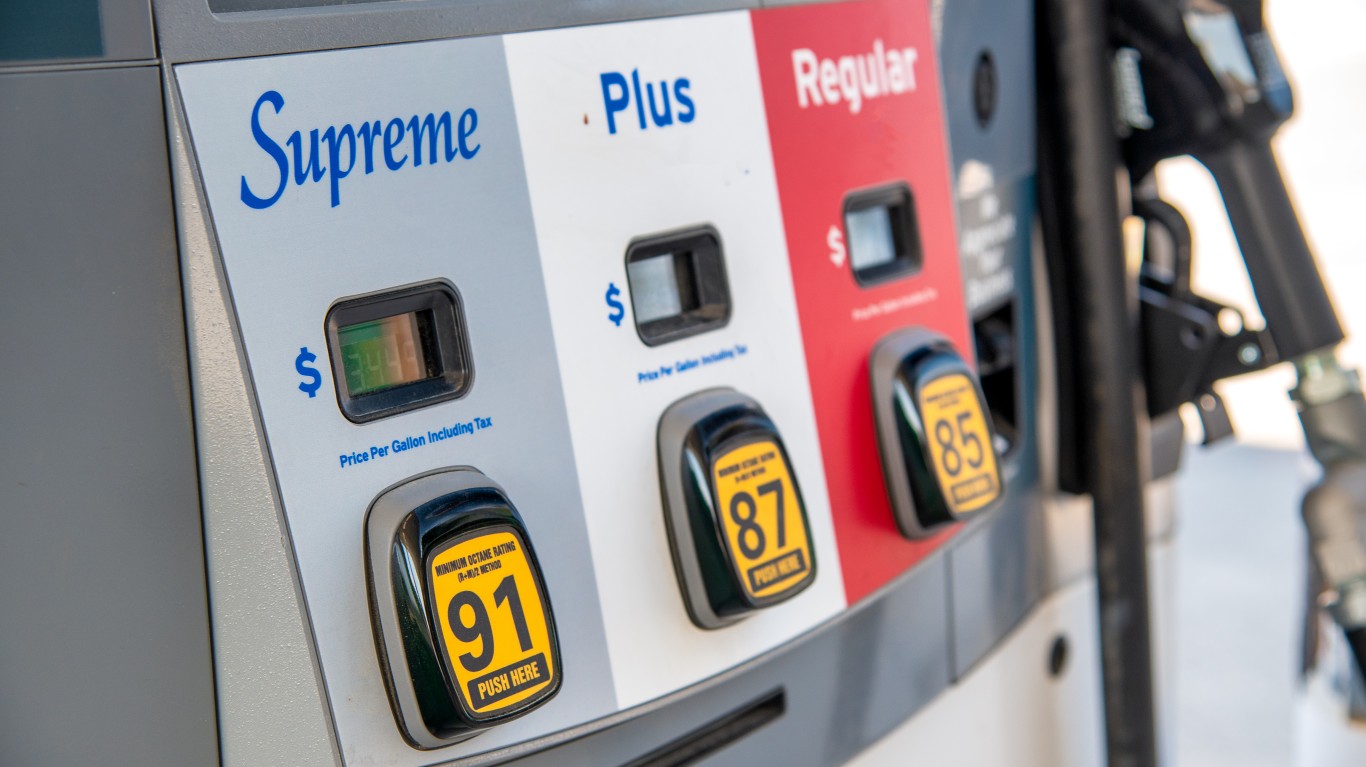
The combined MPG (miles per gallon) is listed for each hybrid vehicle in our survey. Combined MPG is a weighted average of city and highway MPG values. It is calculated by weighting the city value by 55% and the highway value by 45%.
A different calculation is used to measure the fuel efficiency of plug-in hybrid vehicles. The MPGe (miles per gallon of gasoline equivalent) metric was created by the Environmental Protection Agency in 2010 to measure the efficiency of electric vehicles compared to those powered by gasoline. Fueleconomy.gov states that MPGe, “represents the number of miles the vehicle can go using a quantity of fuel with the same energy content as a gallon of gasoline.” The combined MPGe metric uses the same weighted average of city and highway values as the combined MPG measurement.
Hybrid SUVs
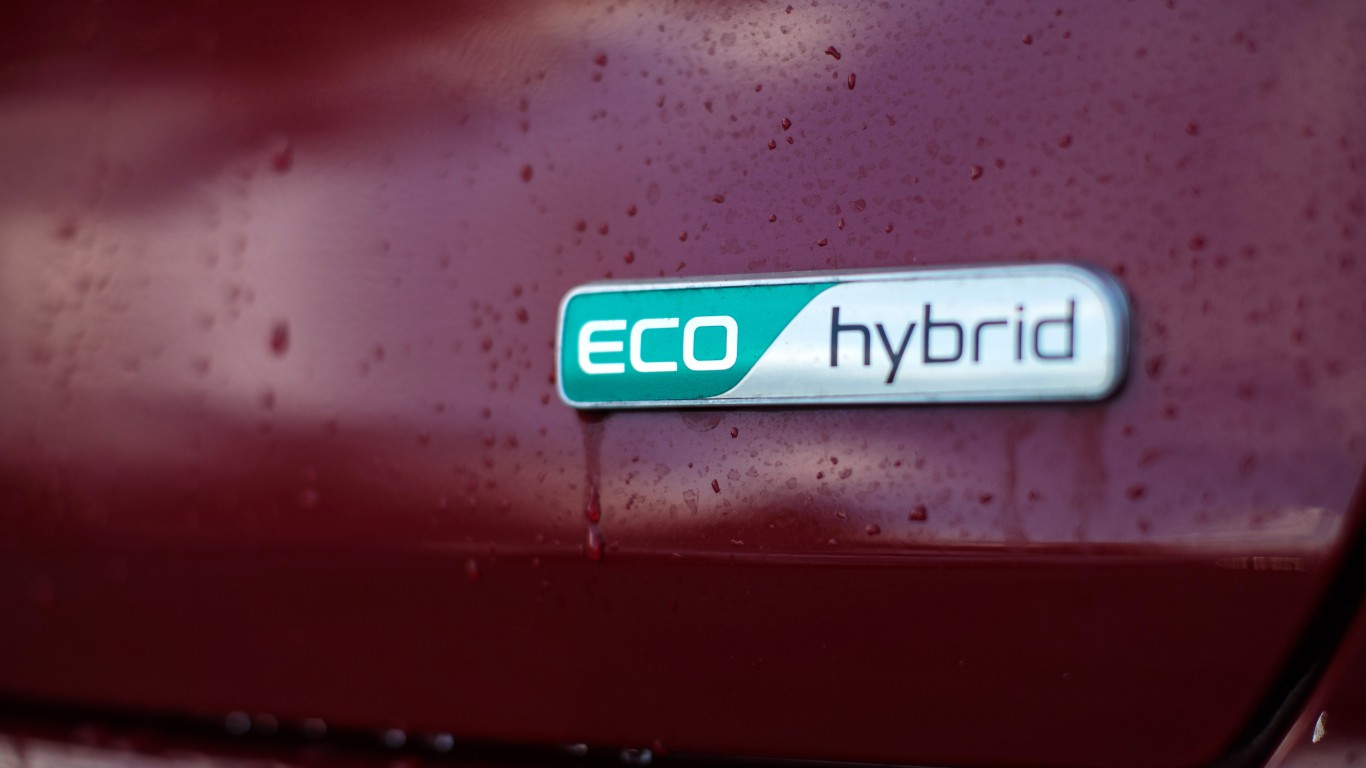
Here are the top 12 hybrid SUVs for fuel economy.
11. (tied) 2024 Toyota Grand Highlander Hybrid
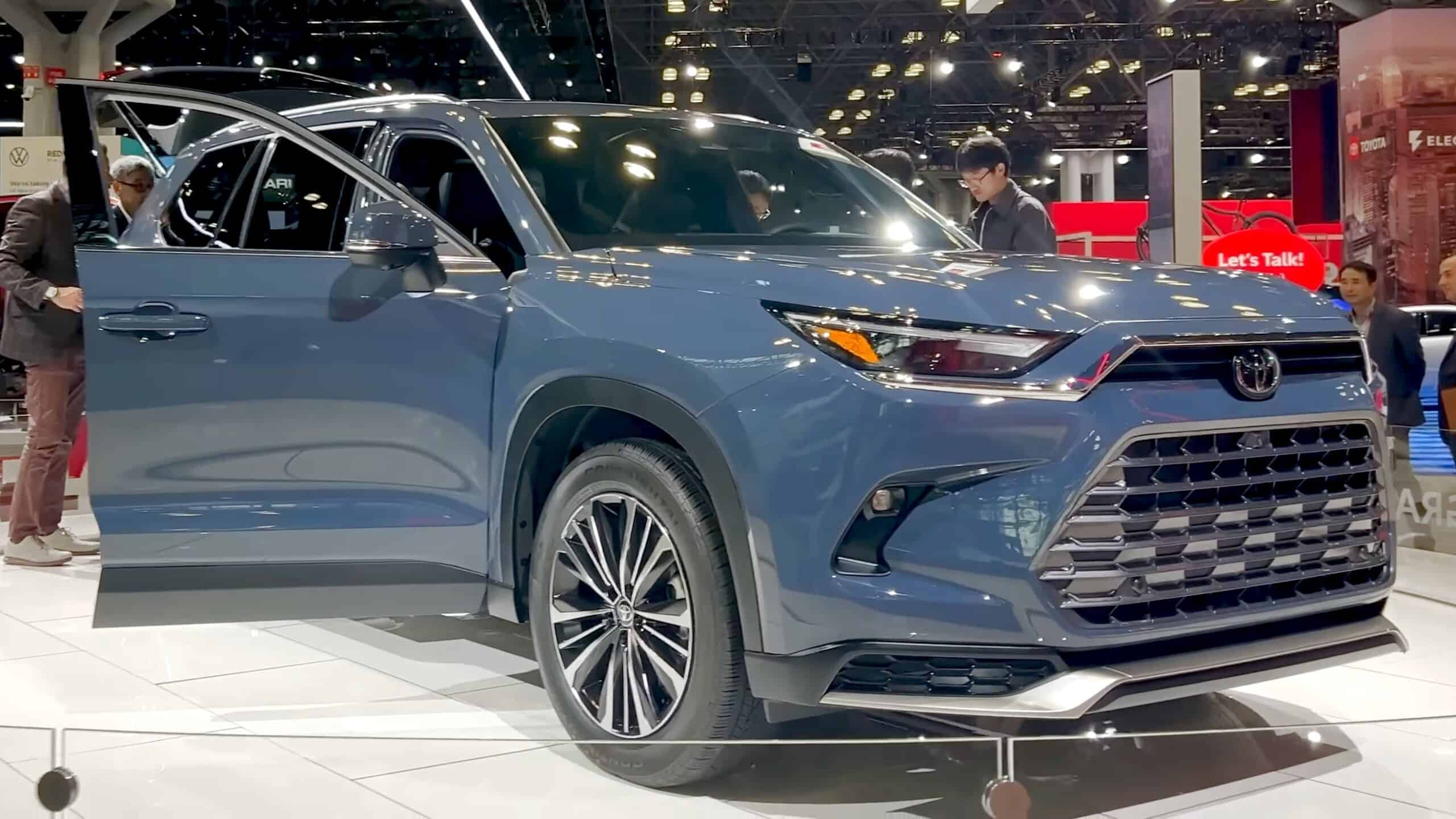
- Combined MPG: 36
11. (tied) 2024 Lexus RX

- Combined MPG: 36
10. 2024 Kia Sorento Hybrid
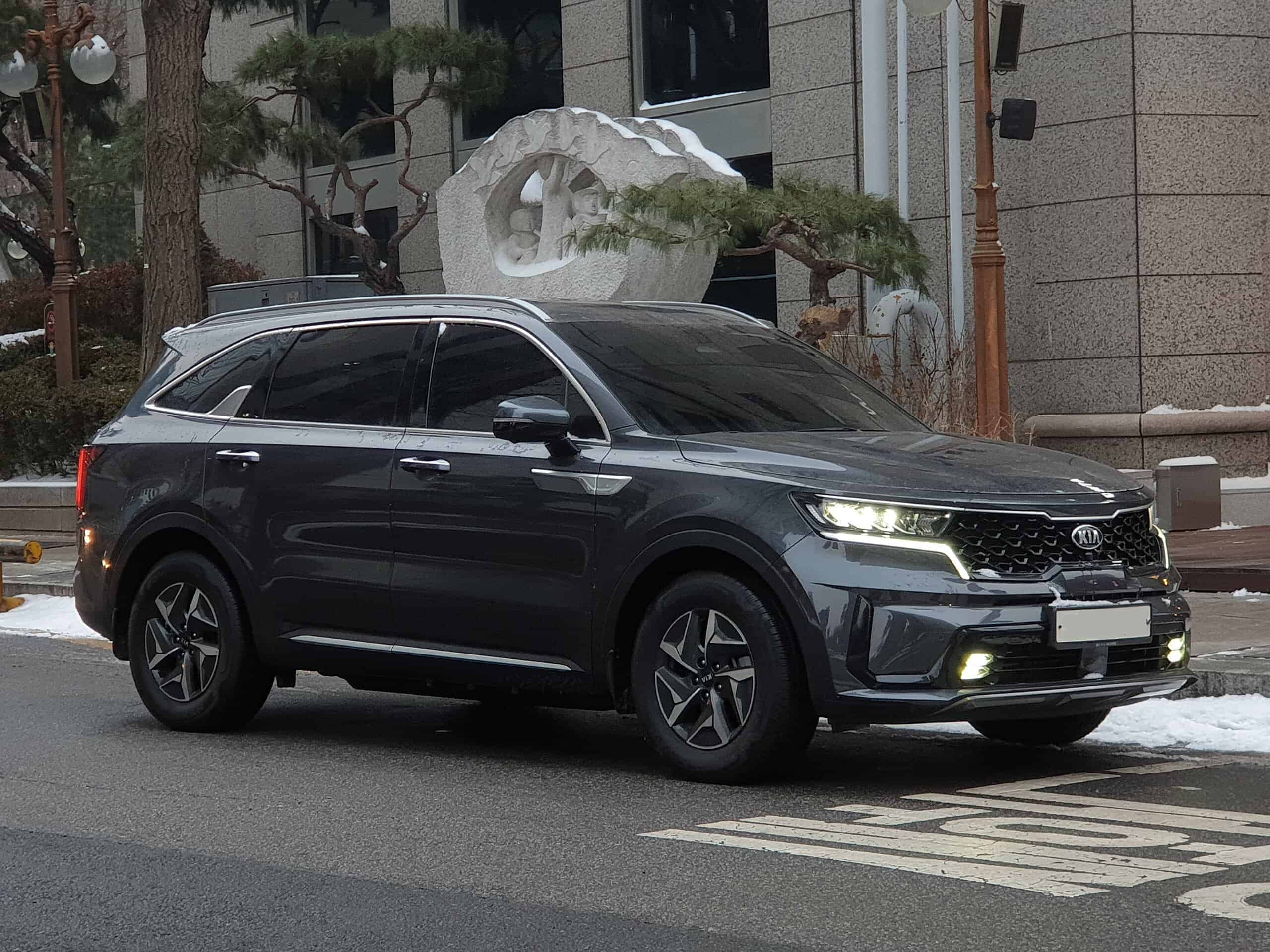
- Combined MPG: 37
9. 2024 Hyundai Tucson Hybrid
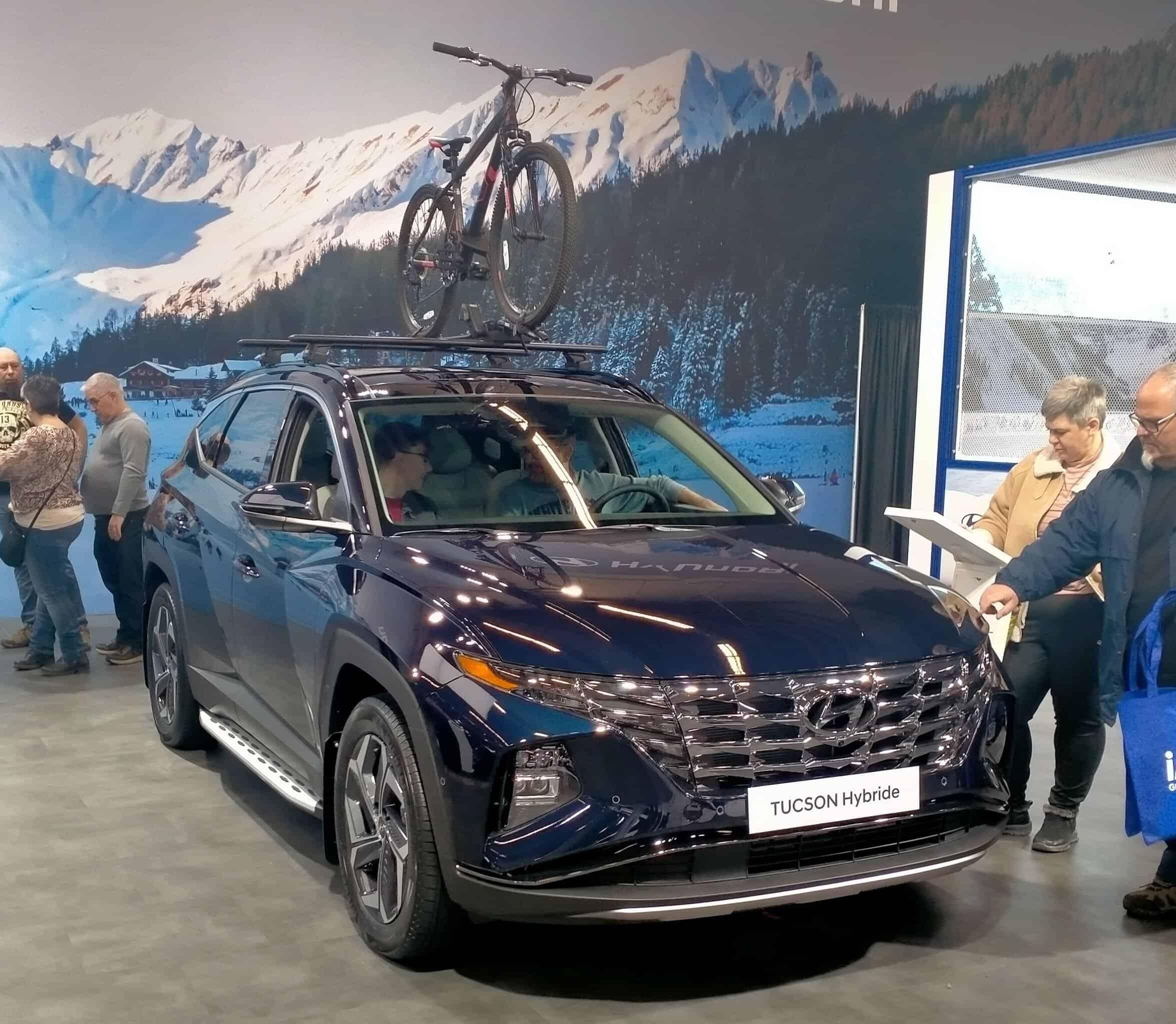
- Combined MPG: 38
5. (tied) 2023 Ford Escape Hybrid
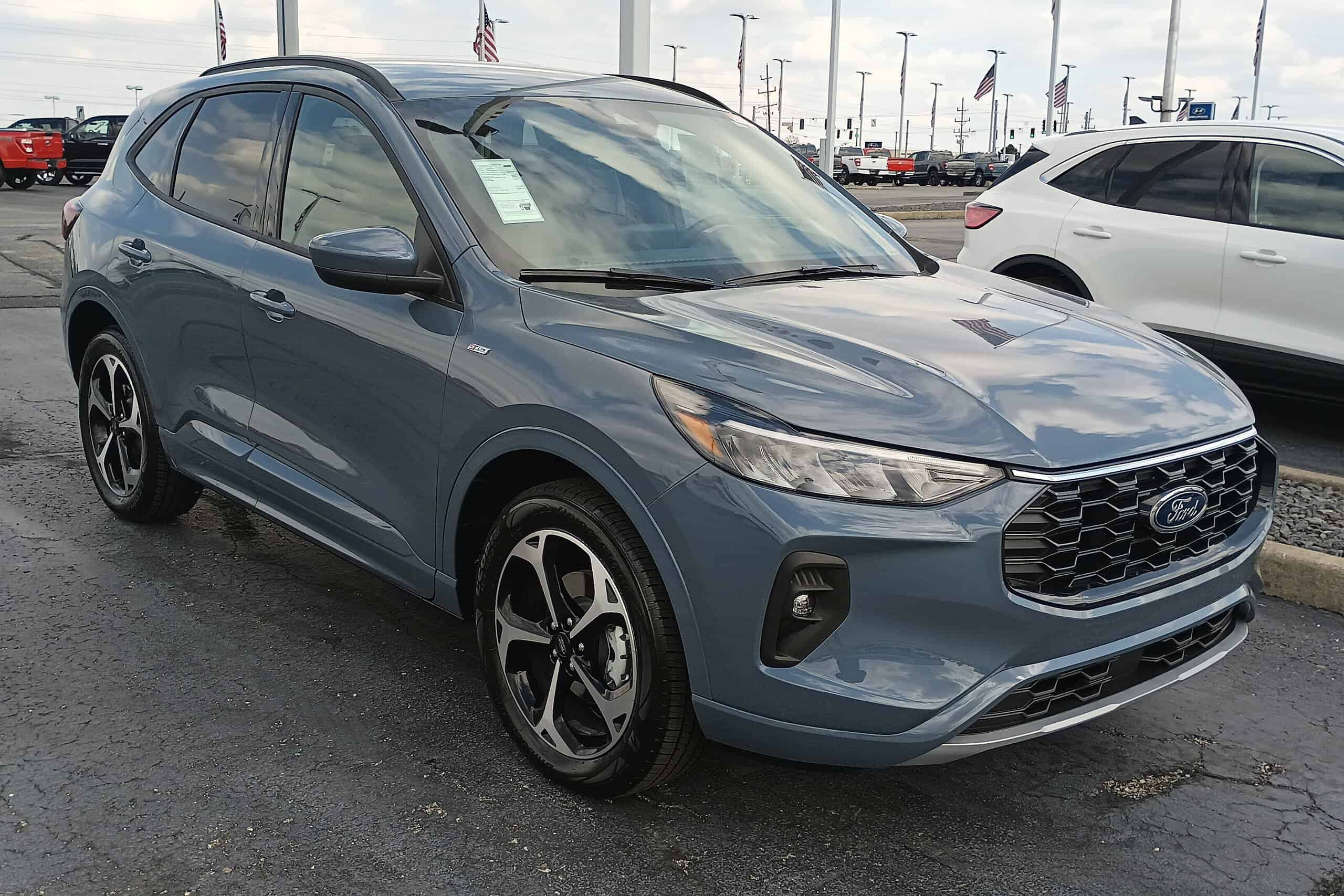
- Combined MPG: 39
5. (tied) 2024 Lexus NX Hybrid
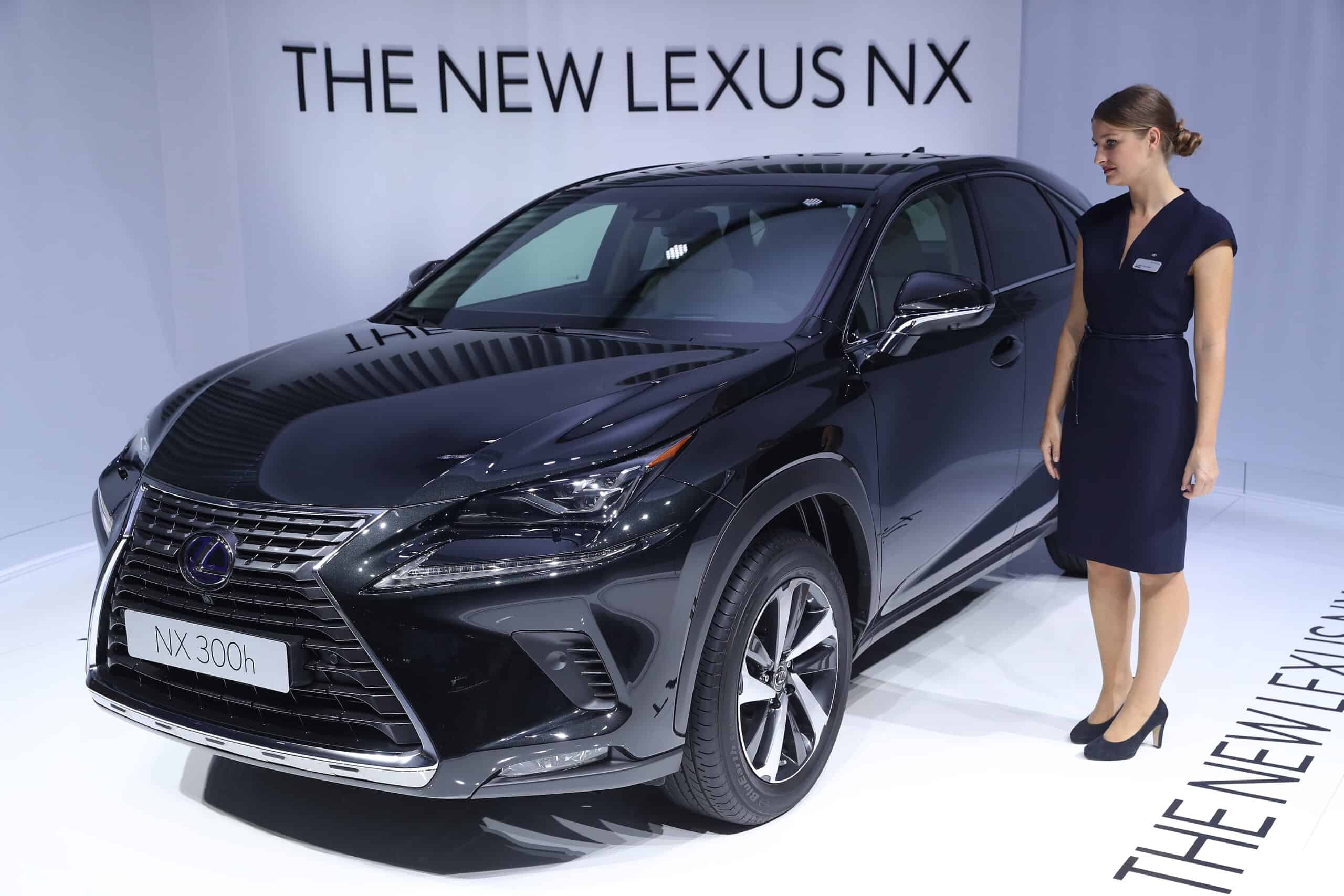
- Combined MPG: 39
5. (tied) 2024 Toyota RAV-4 Hybrid
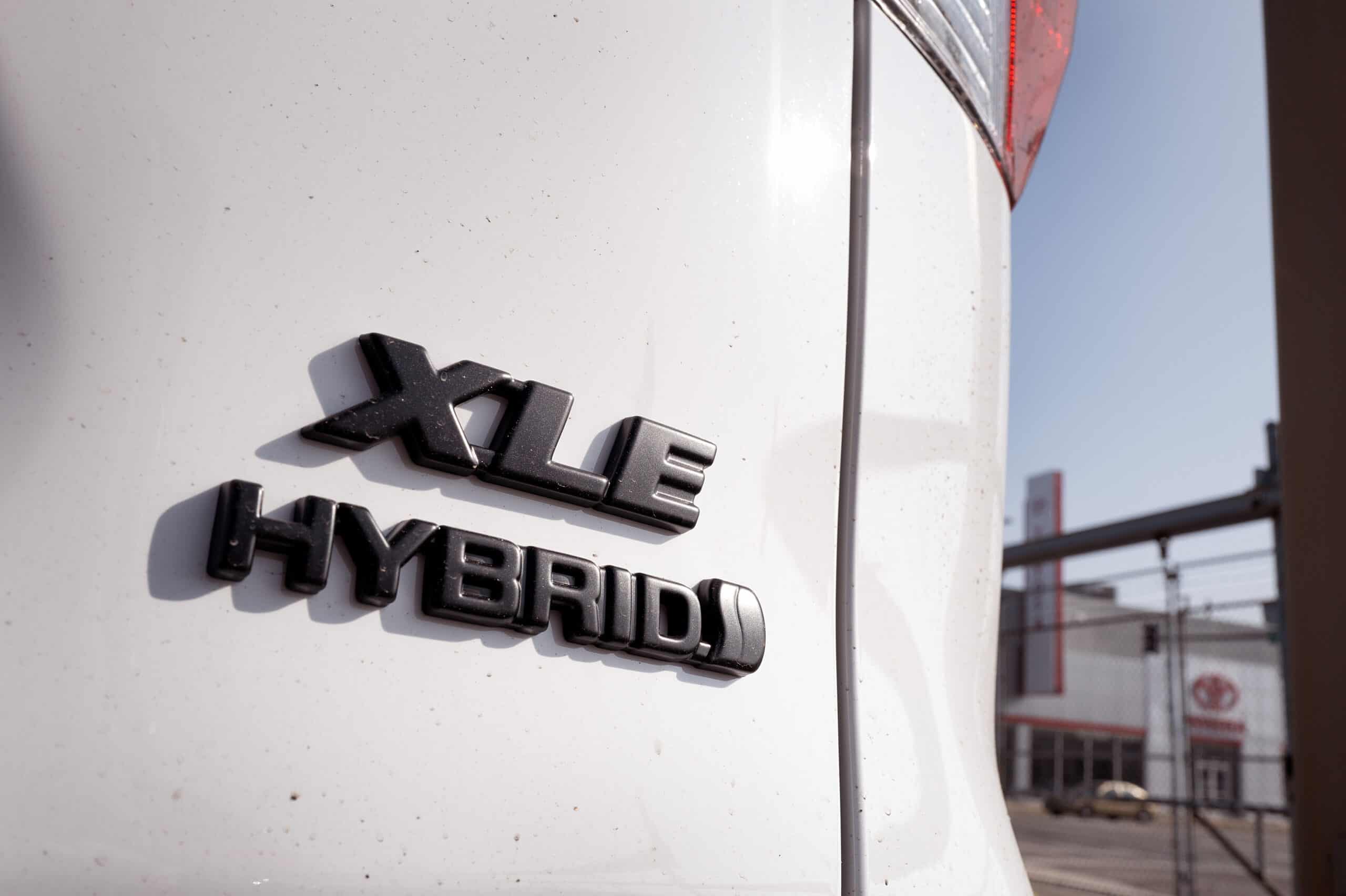
- Combined MPG: 39
5. (tied) 2024 Toyota Venza
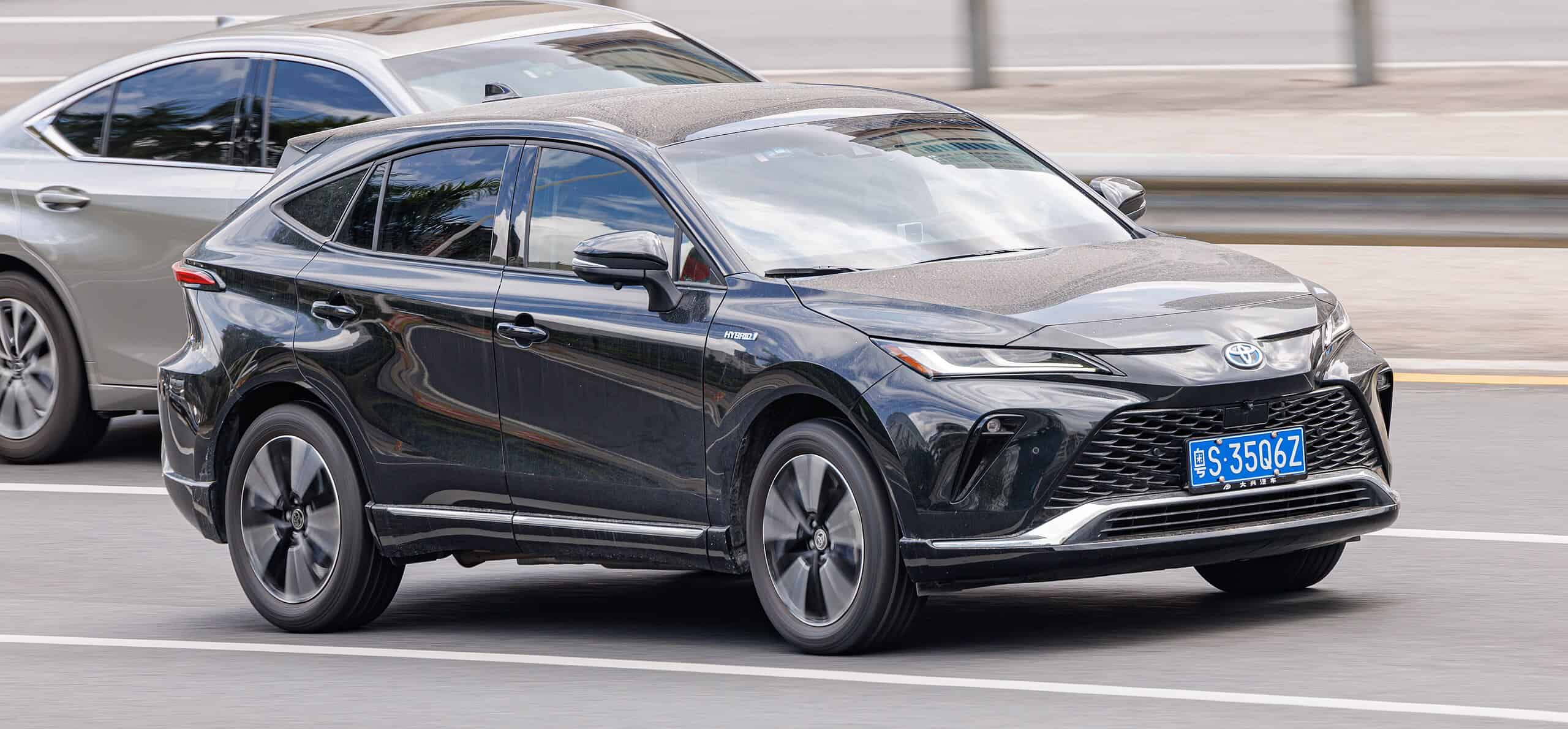
- Combined MPG: 39
4. 2024 Honda CR-V Hybrid
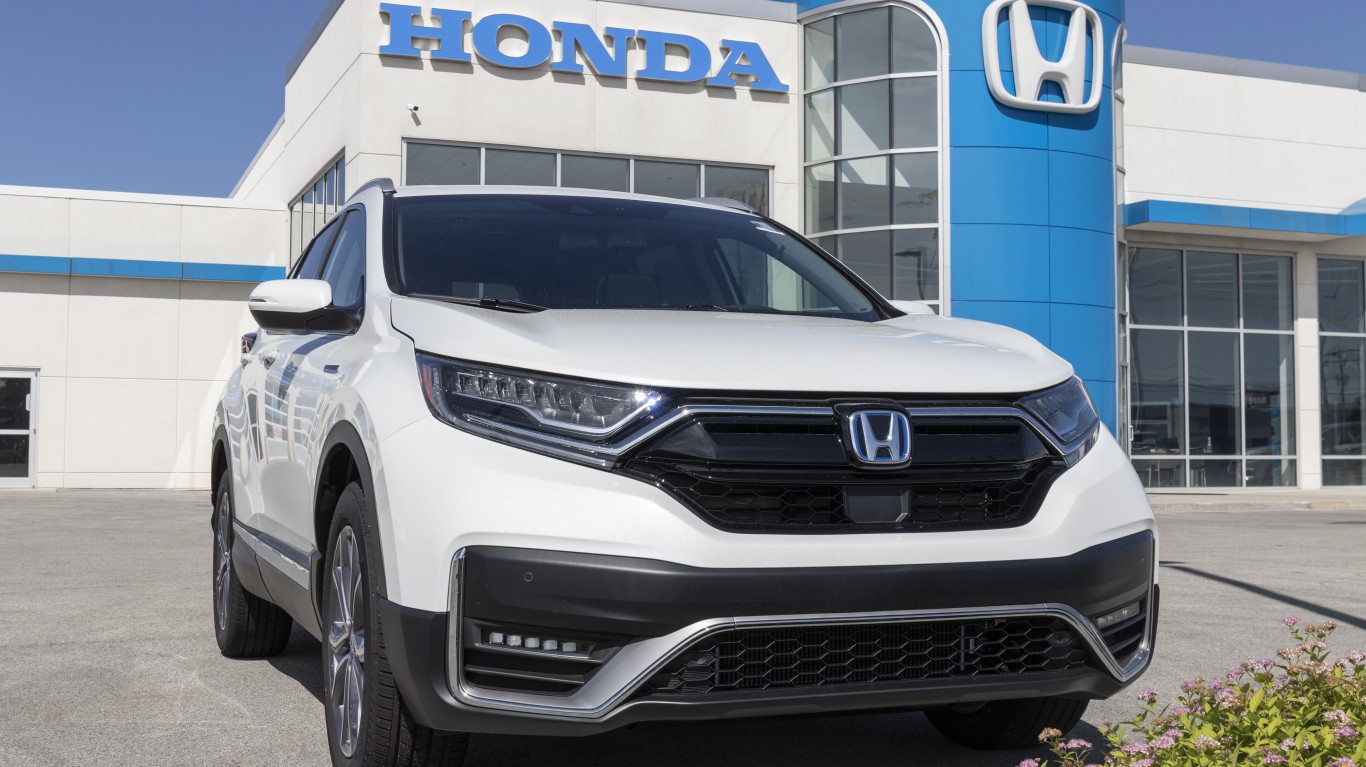
- Combined MPG: 40
3. 2024 Lexus UX Hybrid

- Combined MPG: 42
2. 2024 Kia Sportage Hybrid

- Combined MPG: 43
1. 2024 Kia Niro FE
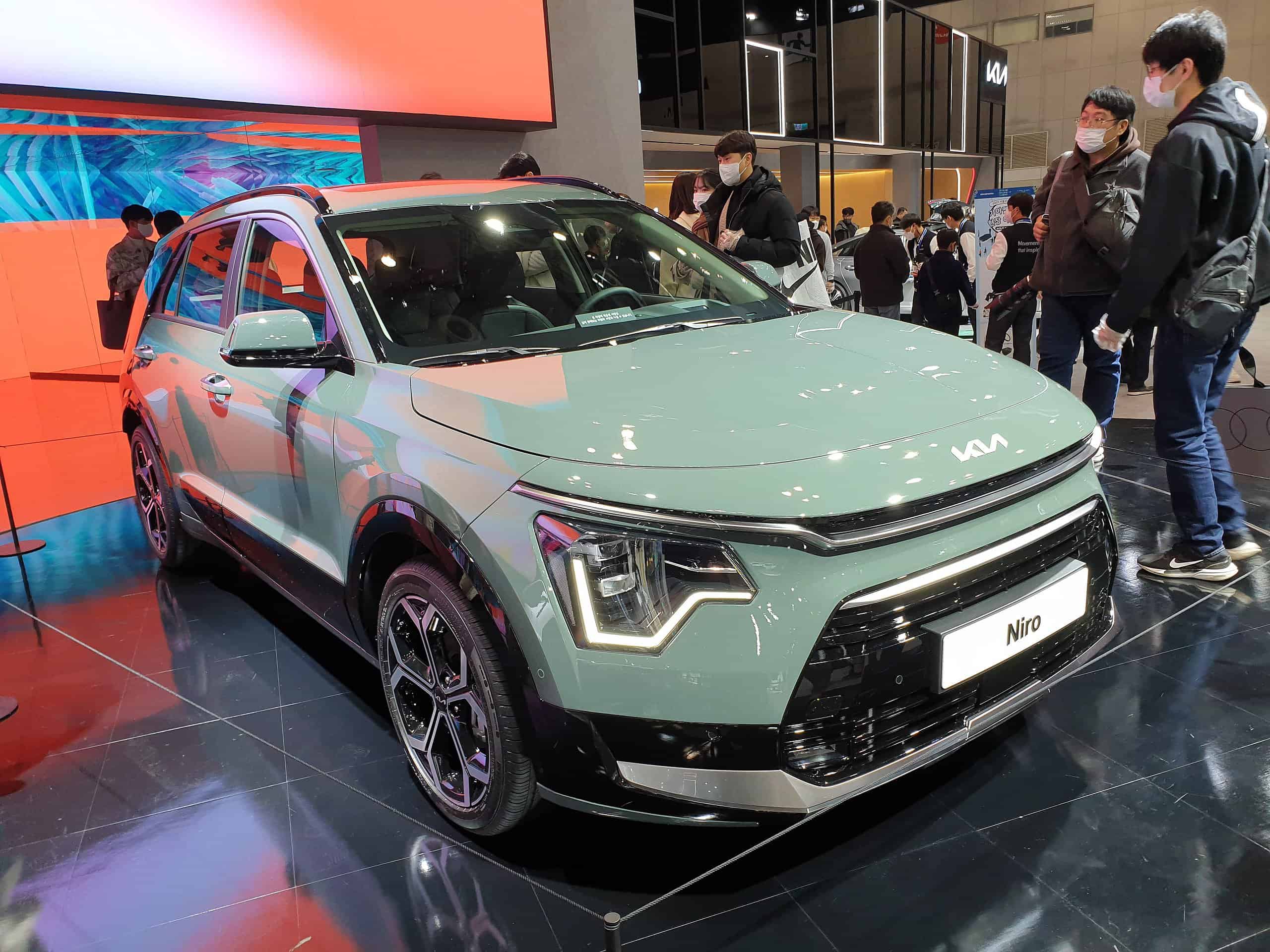
- Combined MPG: 53
Plug-In Hybrid SUVs
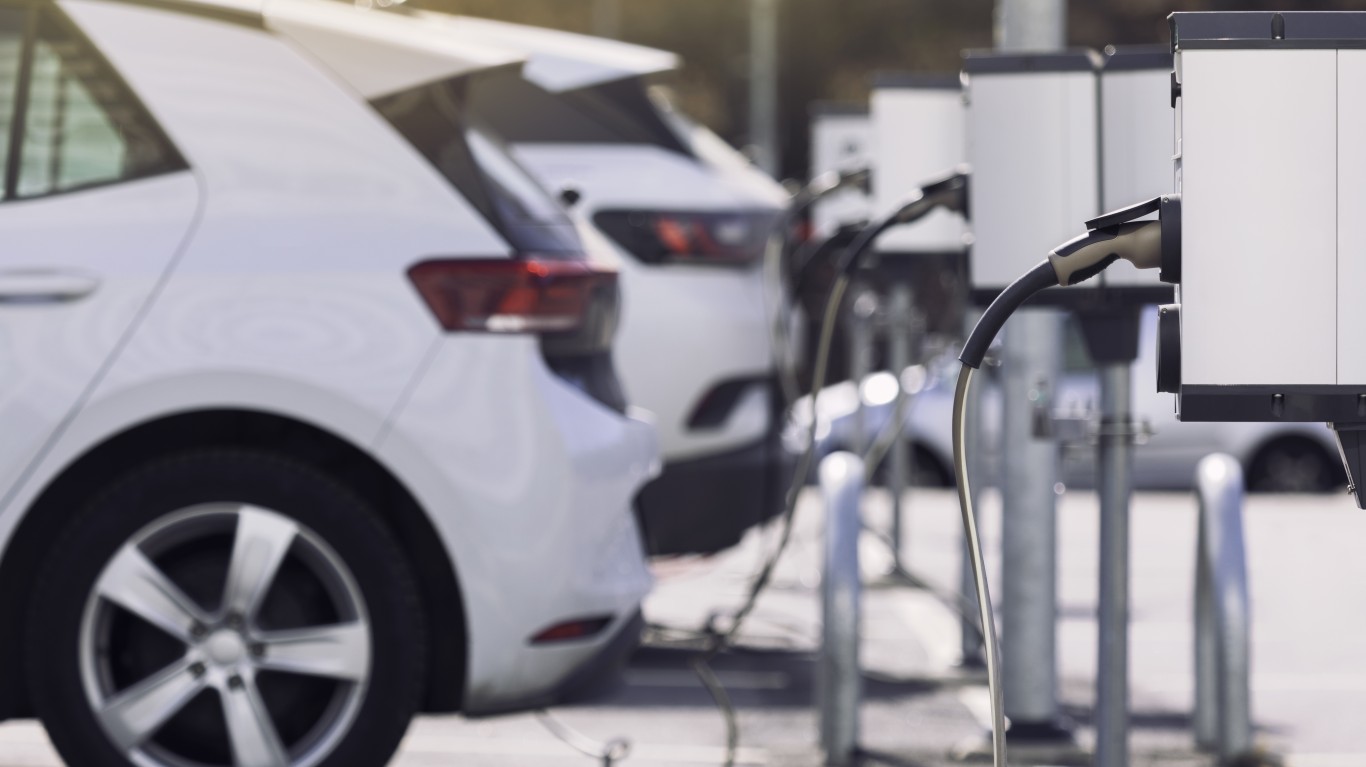
Here are the top 13 most fuel-efficient plug-in hybrid SUVs.
13. 2023 Audi Q5 TFSI e quattro
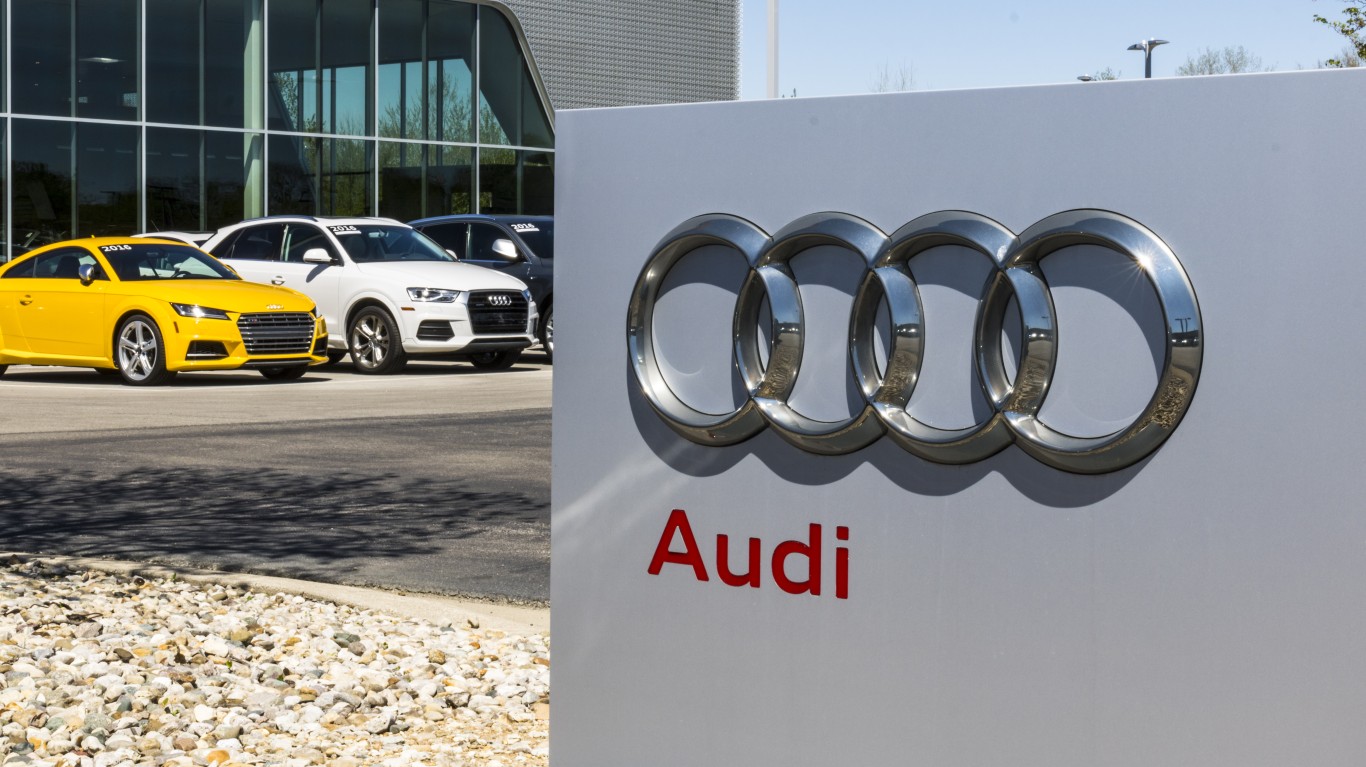
- Combined MPGe: 60
12. 2024 Mitsubishi Outlander PHEV
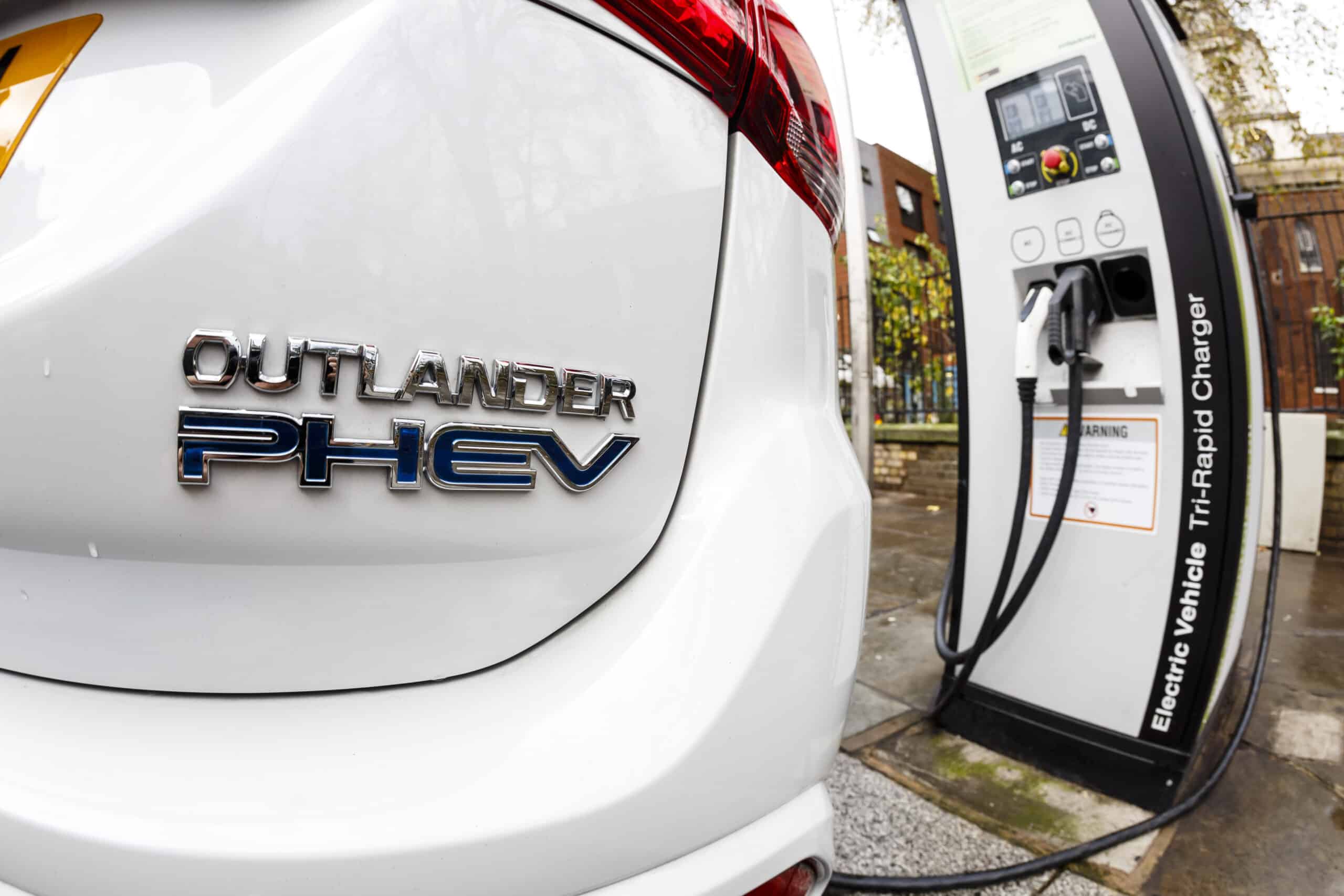
- Combined MPGe: 64
11. 2023 Hyundai Santa Fe Plug-in Hybrid
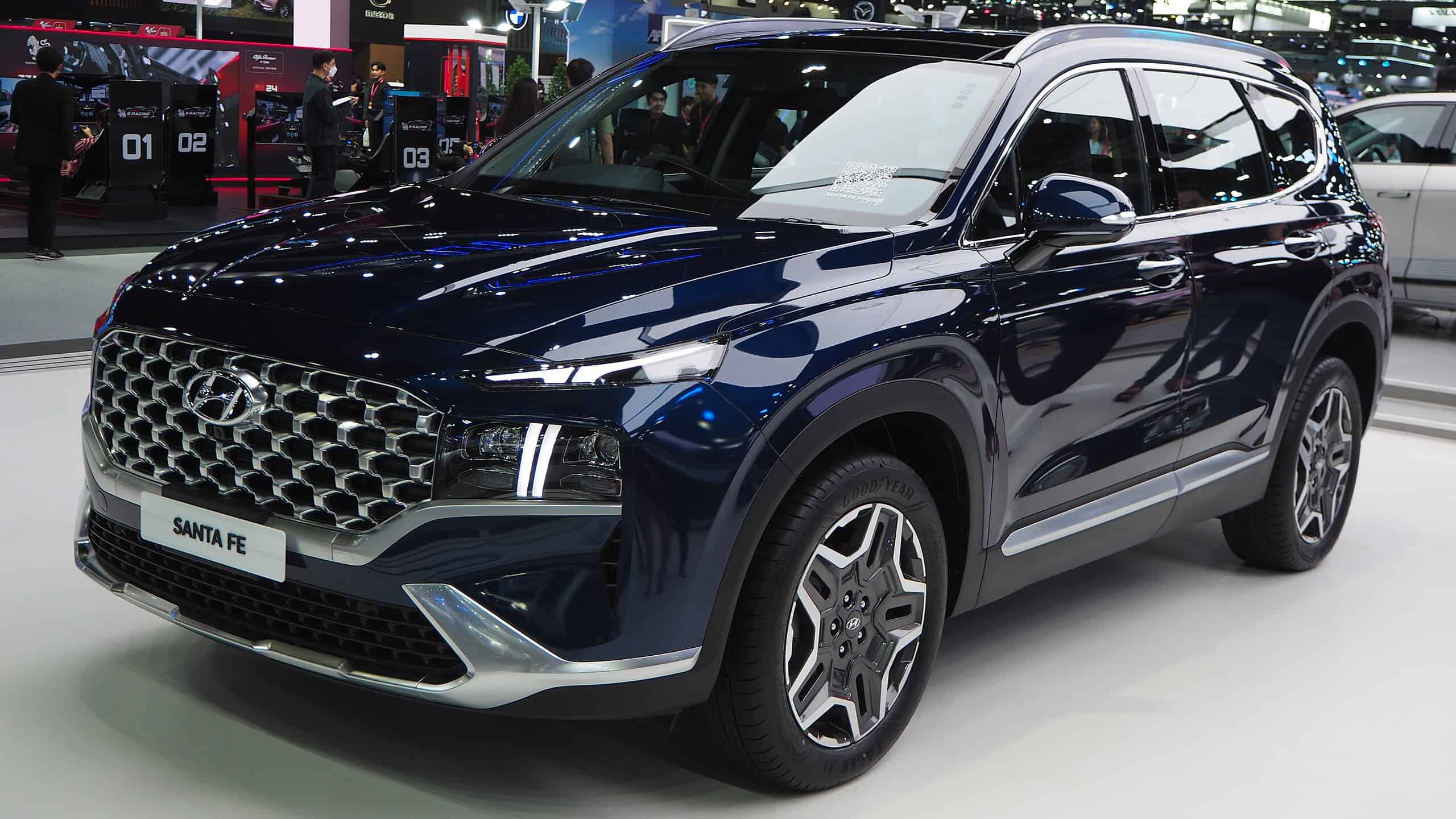
- Combined MPGe: 76
10. 2024 Alfa Romeo Tonale

- Combined MPGe: 77
9. 2023 Lincoln Corsair PHEV

- Combined MPGe: 78
8. 2024 Kia Sorento Plug-in Hybrid
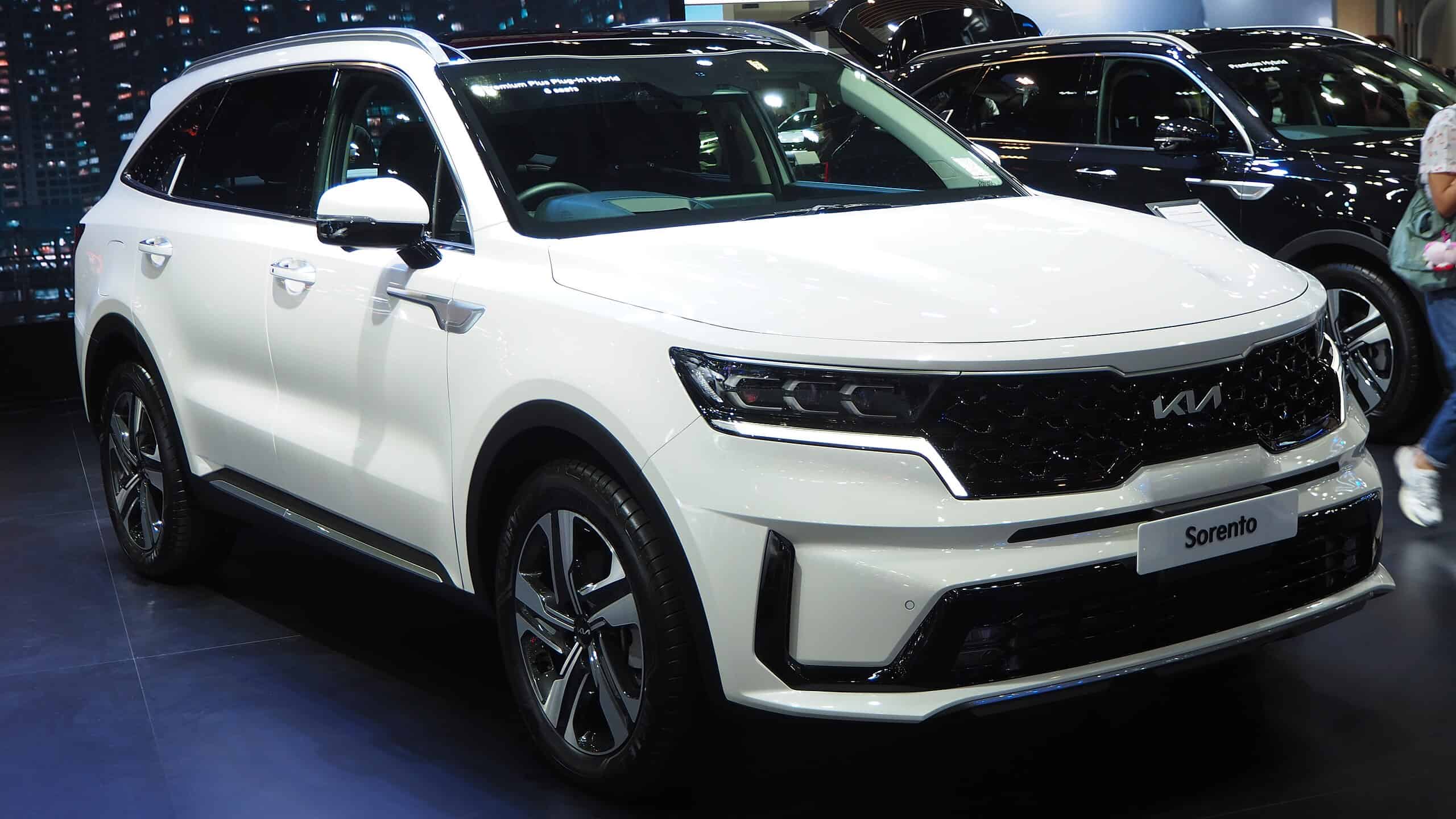
- Combined MPGe: 79
7. 2024 Hyundai Tucson PHEV
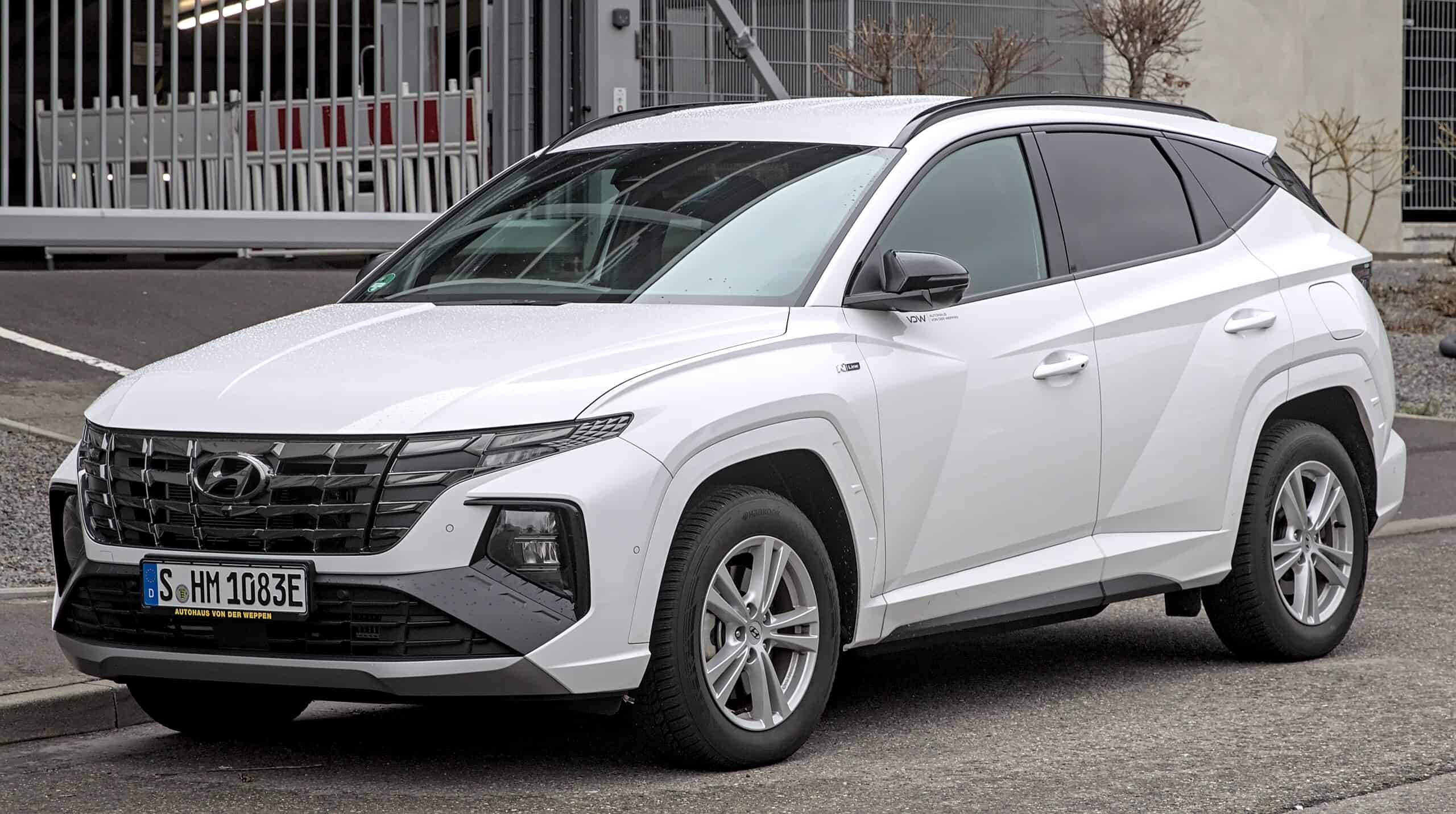
- Combined MPGe: 80
5. (tied) 2024 Lexus NX PHEV
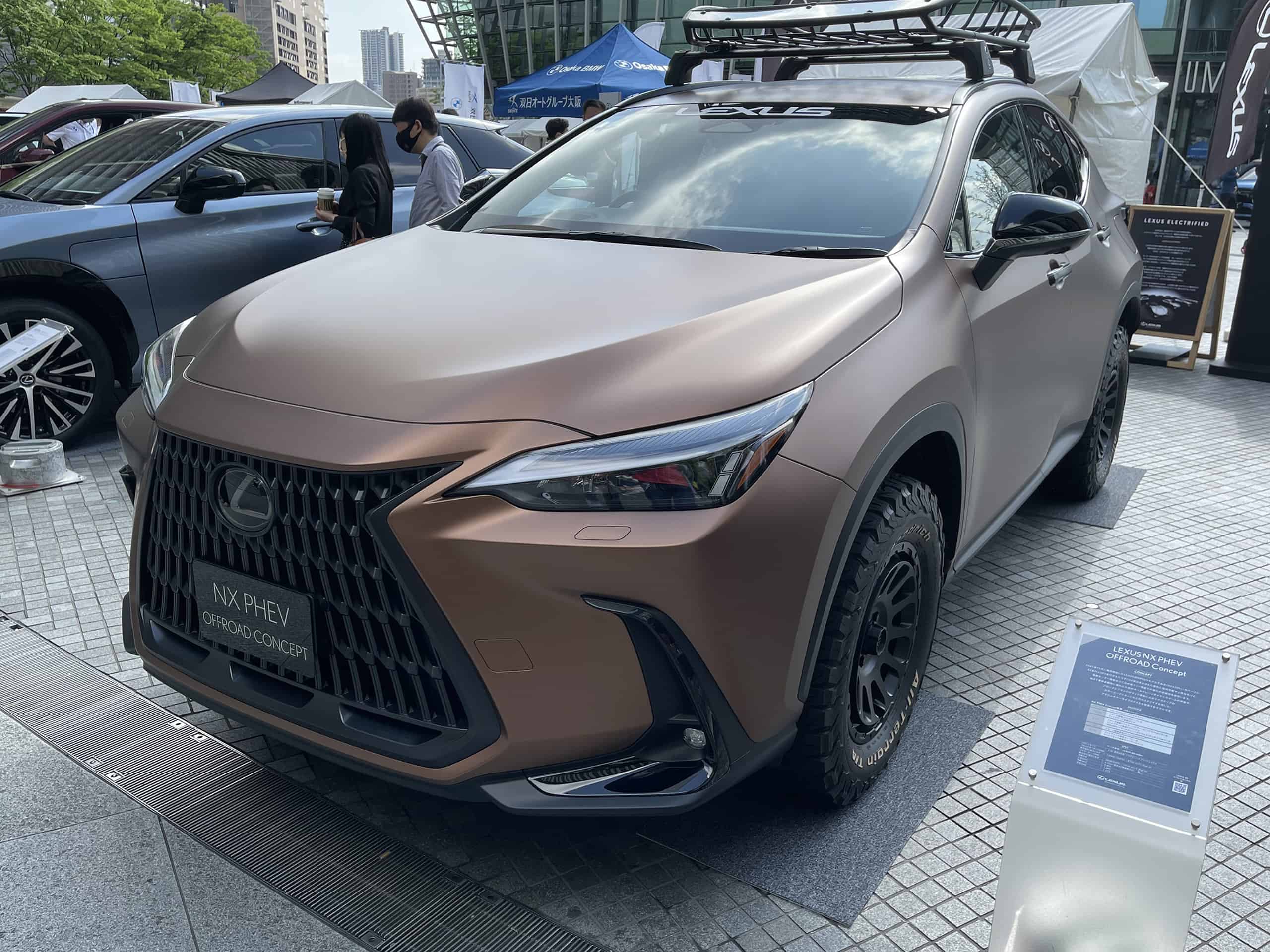
- Combined MPGe: 84
5. (tied) 2024 Kia Sportage PHEV
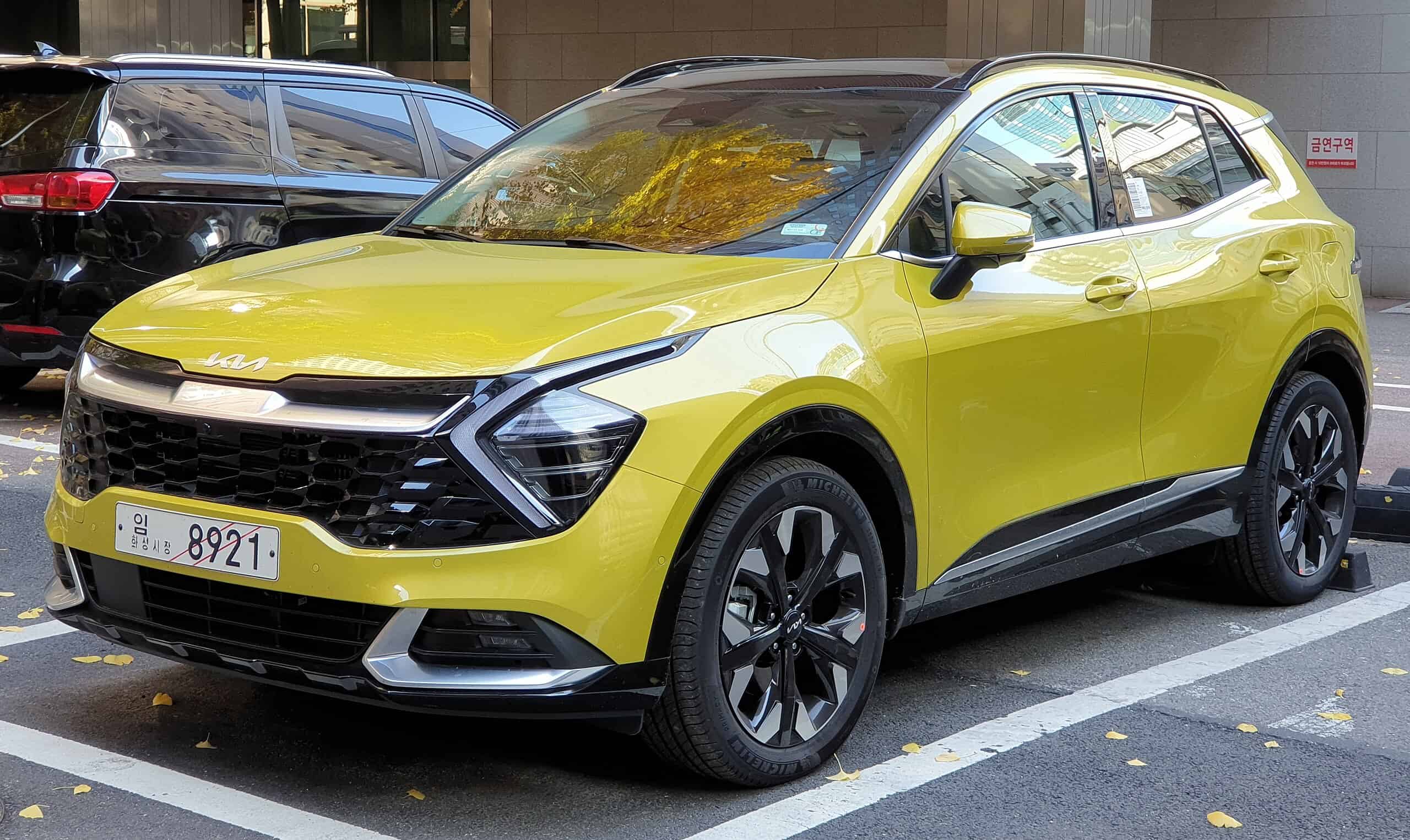
- Combined MPGe: 84
4. 2023 Subaru Crosstrek Hybrid
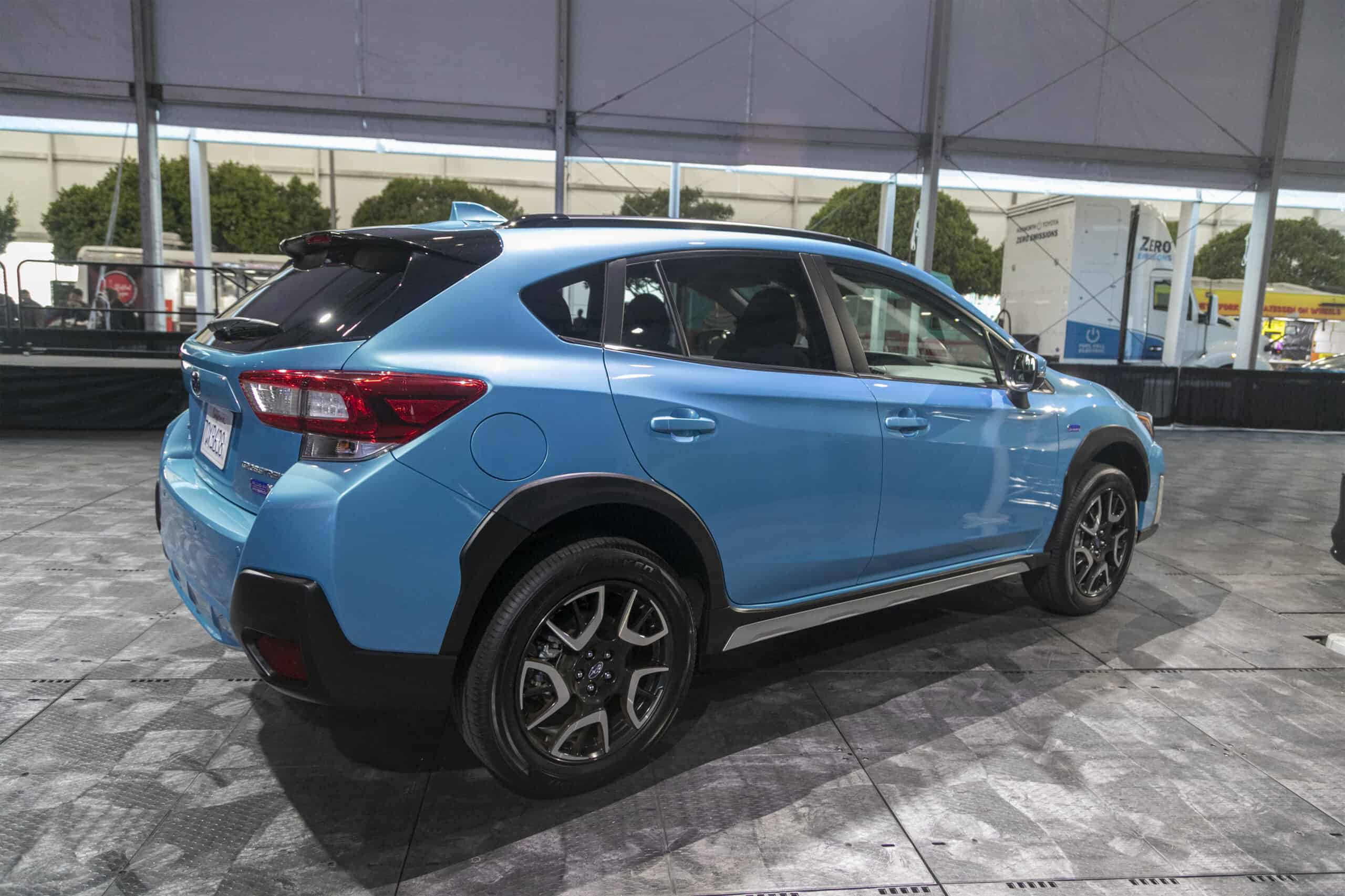
- Combined MPGe: 90
3. 2024 Toyota RAV4 Prime
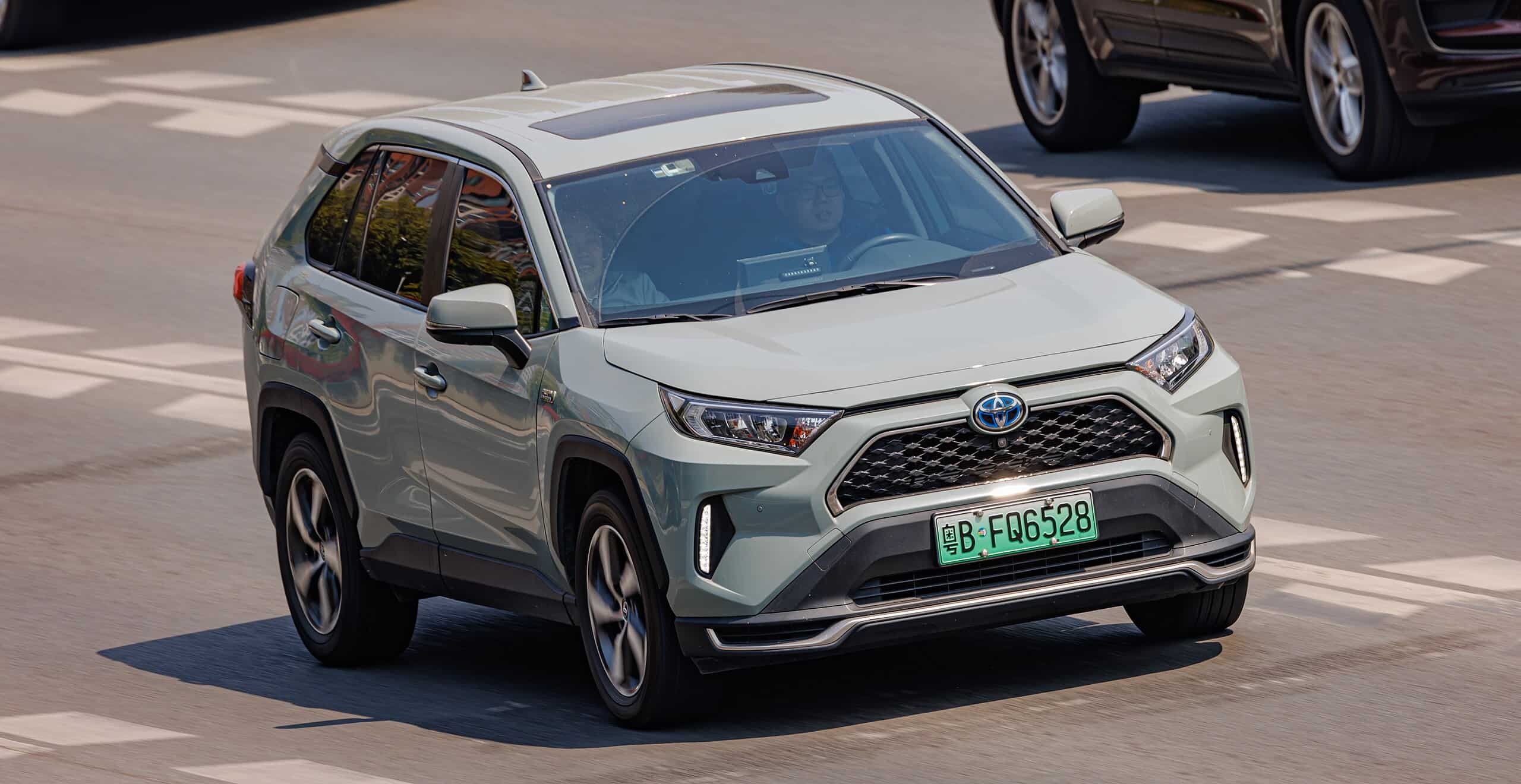
- Combined MPGe: 94
2. 2023 Ford Escape PHEV
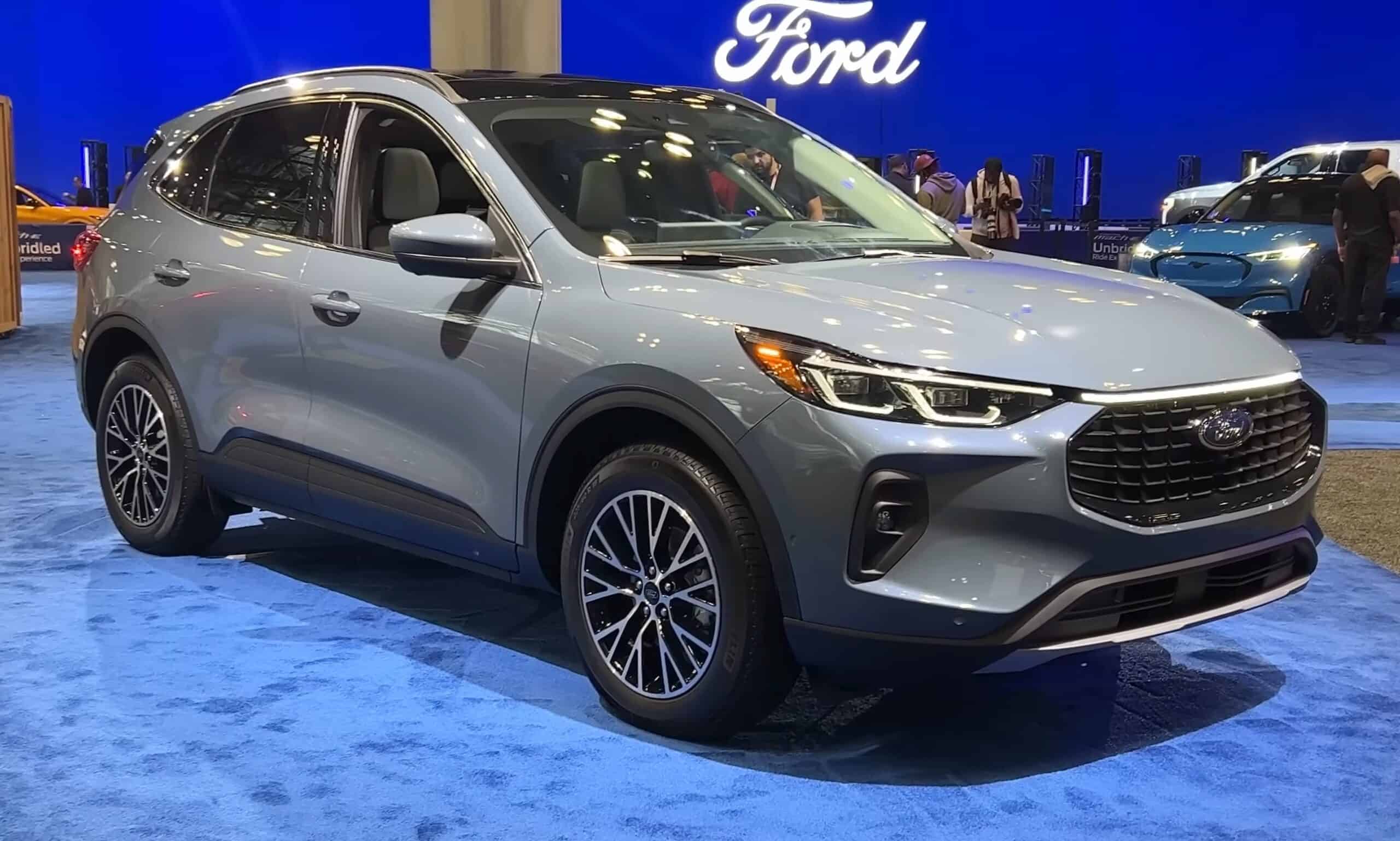
- Combined MPGe: 101
1. 2023 Kia Niro Plug-in Hybrid
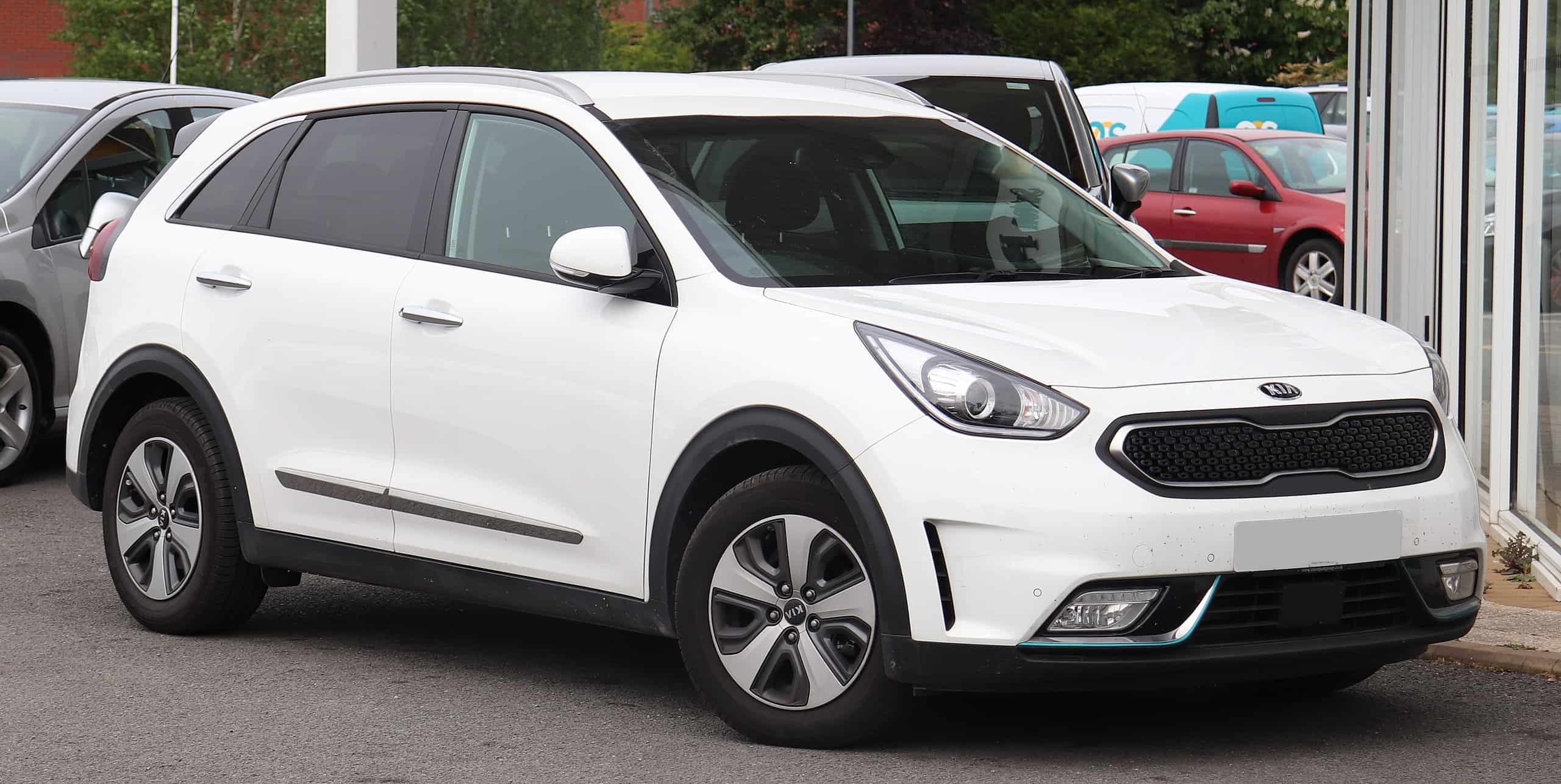
- Combined MPGe: 108
Get Ready To Retire (Sponsored)
Start by taking a quick retirement quiz from SmartAsset that will match you with up to 3 financial advisors that serve your area and beyond in 5 minutes, or less.
Each advisor has been vetted by SmartAsset and is held to a fiduciary standard to act in your best interests.
Here’s how it works:
1. Answer SmartAsset advisor match quiz
2. Review your pre-screened matches at your leisure. Check out the advisors’ profiles.
3. Speak with advisors at no cost to you. Have an introductory call on the phone or introduction in person and choose whom to work with in the future
Thank you for reading! Have some feedback for us?
Contact the 24/7 Wall St. editorial team.

